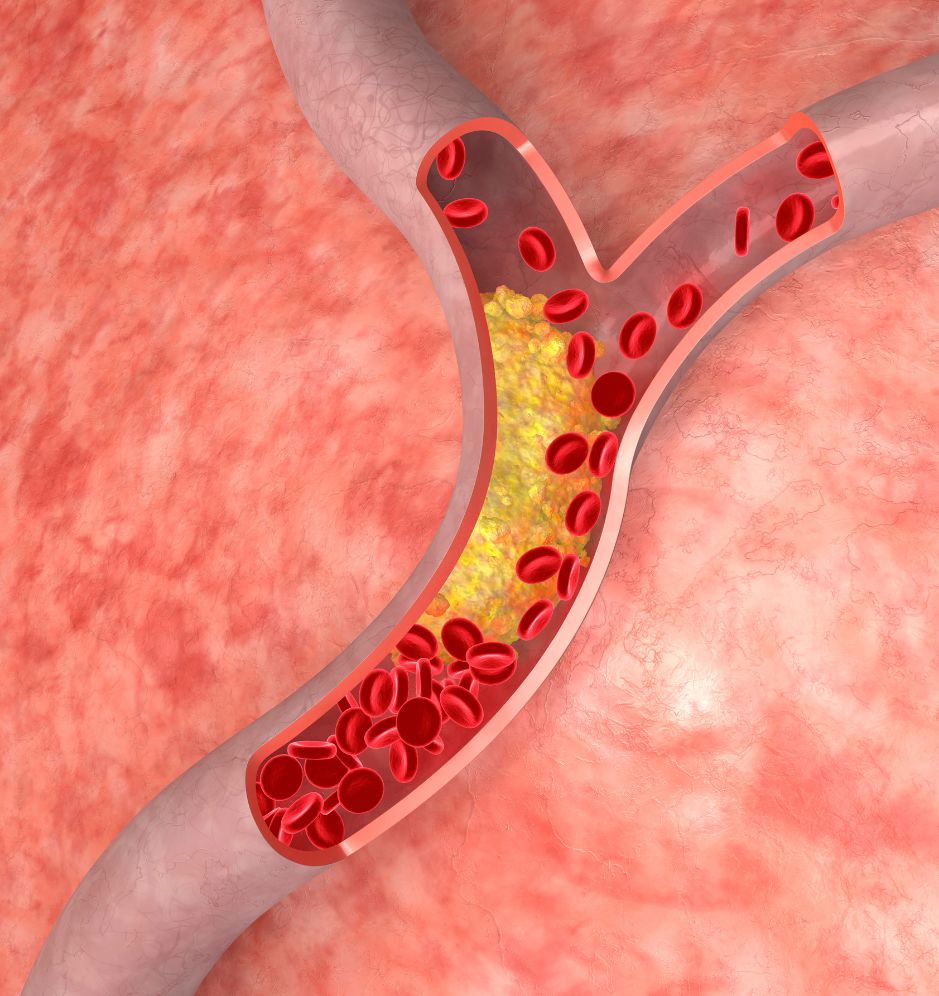Cholesterol
Cholesterol is a type of lipid (fat) that’s essential for the body’s normal functioning. It’s a waxy, fat-like substance found in every cell of the body and is also present in certain foods. Cholesterol is important for building cell membranes, producing hormones like estrogen and testosterone, and forming bile acids that aid in digestion.

There are two main types of cholesterol: LDL (low-density lipoprotein) and HDL (high-density lipoprotein). LDL cholesterol is often referred to as “bad” cholesterol because high levels can lead to the buildup of plaque in the arteries, increasing the risk of heart disease and stroke. HDL cholesterol, on the other hand, is often called “good” cholesterol because it helps remove LDL cholesterol from the bloodstream, reducing the risk of heart disease.
It’s important to maintain a healthy balance of cholesterol in the body. Too much LDL cholesterol and too little HDL cholesterol can increase the risk of cardiovascular diseases, while having higher levels of HDL can have a protective effect. Lifestyle factors such as diet, exercise, and avoiding smoking can help manage cholesterol levels, as can medications when necessary. Regular check-ups and blood tests can help monitor cholesterol levels and assess cardiovascular health.
